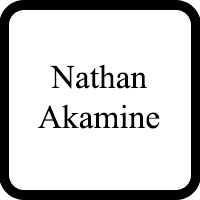Franklin County, OH DUI-DWI Lawyers
Michael Jeffrey Hayes
✓ VERIFIEDCriminal, DUI-DWI, Felony, Traffic
Life can throw you a curveball. You need someone in your corner that understands good people can make mistakes. Michael also understands that good peo... (more)
Jonathan T. Tyack
✓ VERIFIEDCriminal, DUI-DWI, Felony, Misdemeanor, Juvenile Law
Jonathan Tyack is a practicing lawyer in the state of Ohio handling criminal defense and personal injury matters.
Nathan Sei Akamine
✓ VERIFIEDCriminal, DUI-DWI, Traffic, Juvenile Law, Federal Trial Practice
Nathan Akamine is a criminal defense lawyer proudly serving Columbus, Ohio, and the neighboring communities.
FREE CONSULTATION
CONTACTFREE CONSULTATION
CONTACTFREE CONSULTATION
CONTACTFREE CONSULTATION
CONTACTDouglas Alan Funkhouser
Traffic, Litigation, DUI-DWI, Criminal
Status: In Good Standing Licensed: 29 Years
FREE CONSULTATION
CONTACTFREE CONSULTATION
CONTACT



